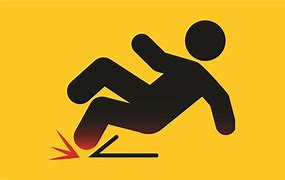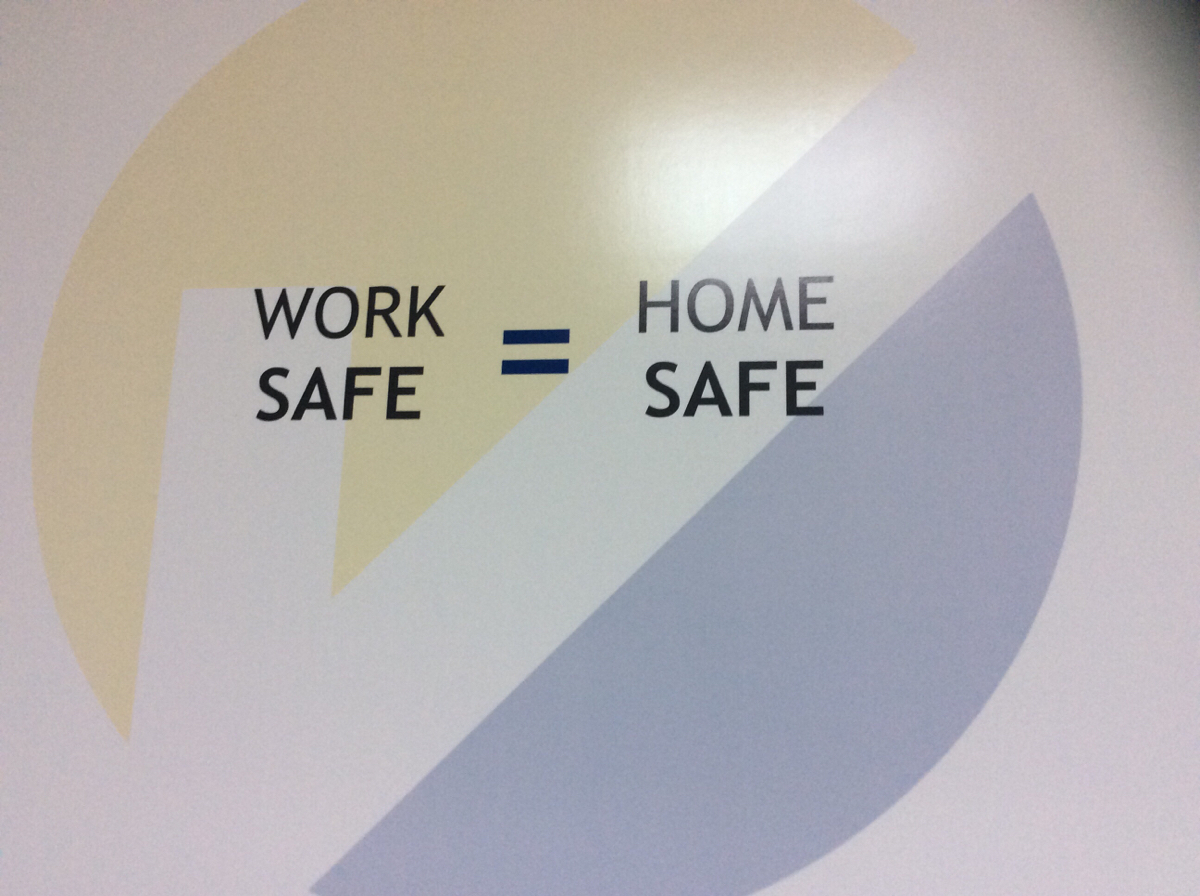Title Page
-
Conducted on
-
Prepared by
-
Site
-
Which section of the site?
Floors
-
can water be walked onto smooth floors (e.g foyers) on rainy days?
-
are there any hard, smooth floors in wet or oily areas?
-
are there any leaks of fluids onto the floor from processes or machines?
-
are there any surface transitions not easily noticed ( any ridge that is as high as a sole of a shoe/footwear or higher)?
-
is the floor slippery when wet?
-
is there poor drainage causing pooling of fluids?
-
are any anti-slip paint, coating profiles or tapes worn smooth or damaged?
-
are there any isolated low steps (commonly at doorways)?
-
are there any trip hazards due to equipment and other objects left on the floor?
-
are there any raised carpet edges or holes worn in carpets
-
are there any tiles becoming unstuck or curling at the edges?
-
are there any holes or unevenness in the floor surface?
-
is there a build up of moss or other vegetation (weeds) on pathways?
-
is anything protruding into walkways e.g. tree branches?
-
are all mats, carpet, linoleum secured and not lifting up.
-
are there potholes in footpaths or walkways?
Stairs, Ladders and Ramps
-
is the lighting insufficient for ramps, ladders or steps to be seen clearly?
-
is the lighting for ramps, ladders or steps creating glare?
-
do any steps have too small a rise or tread or an excessive step edge (nosing)?
-
are any step edges (nosing) slippery or hard to see?
-
is anti-slip edging in place?
-
are the steps uneven or are there excessive variations in step dimensions?
-
are handrails inadequate on stairs?
-
are ramps too steep or too slippery?
-
are ladders compliant hand have the appropriate back guard?
-
are any persons observed using stairs or ladders using 3 points of contact?
-
are ladders in good condition (i.e. not damaged, rusted or corroded )?
Lighting
-
is there insufficient lighting in passageways, at flooring transitions, ramps or stairs?
-
does the lighting throw distracting shadows or produce excessive glare?
Housekeeping
-
is there a build-up of polish on floors?
-
is there spills of product etc. on floors or walkways?
-
do workers have to walk on floors wet from washing?
-
are wet floor signs not available or not used correctly?
-
do you need to provide information/training/advice to contractors regarding cleaning procedures?
-
are paper, rubbish, dirt, or spills left on the floor?
-
are aisles poorly marked?
-
are aisles cluttered?
-
are there any trip hazards due to equipment and other movable objects left lying on the ground?
-
do spills ( wet or dry) occur regularly during work processes?
-
is the cleaning method appropriated for the floor surface?
-
is emergency equipment partially blocked?
Tasks
-
do workers have to walk or work on greasy, oily or wet floors that are not adequately slip resistant?
-
do loads that are carried or pushed interfere with vision?
-
are the loads to be carried excessive or likely to upset a person's balance?
-
do heavy trolleys or other equipment have to be pushed up ramps?
-
are workers hurried due to time constraints?
-
do workers required training in the procedures for dealing with slips and trips hazards?
-
are workers following 3 points of contact when using ladders or stairs?
-
are workers using 3 points of contact when entering or exiting plant/equipment?
-
is the ground where equipment operators/truck drivers expected to alight from their equipment stable and even?
Footwear
-
do the workers' safety shoes lack grip?
-
do workers require slip resistant footwear?
-
are the tread patters on footwear clogged with dirt?
-
are boot cleaning stations provided in areas where mud could accumulate on safety footwear?
-
Comments:












